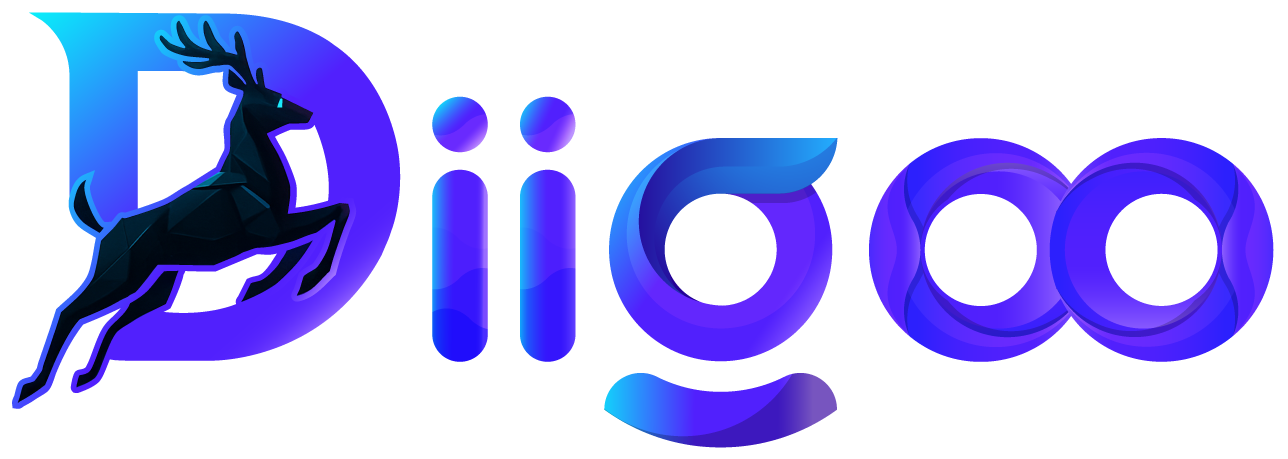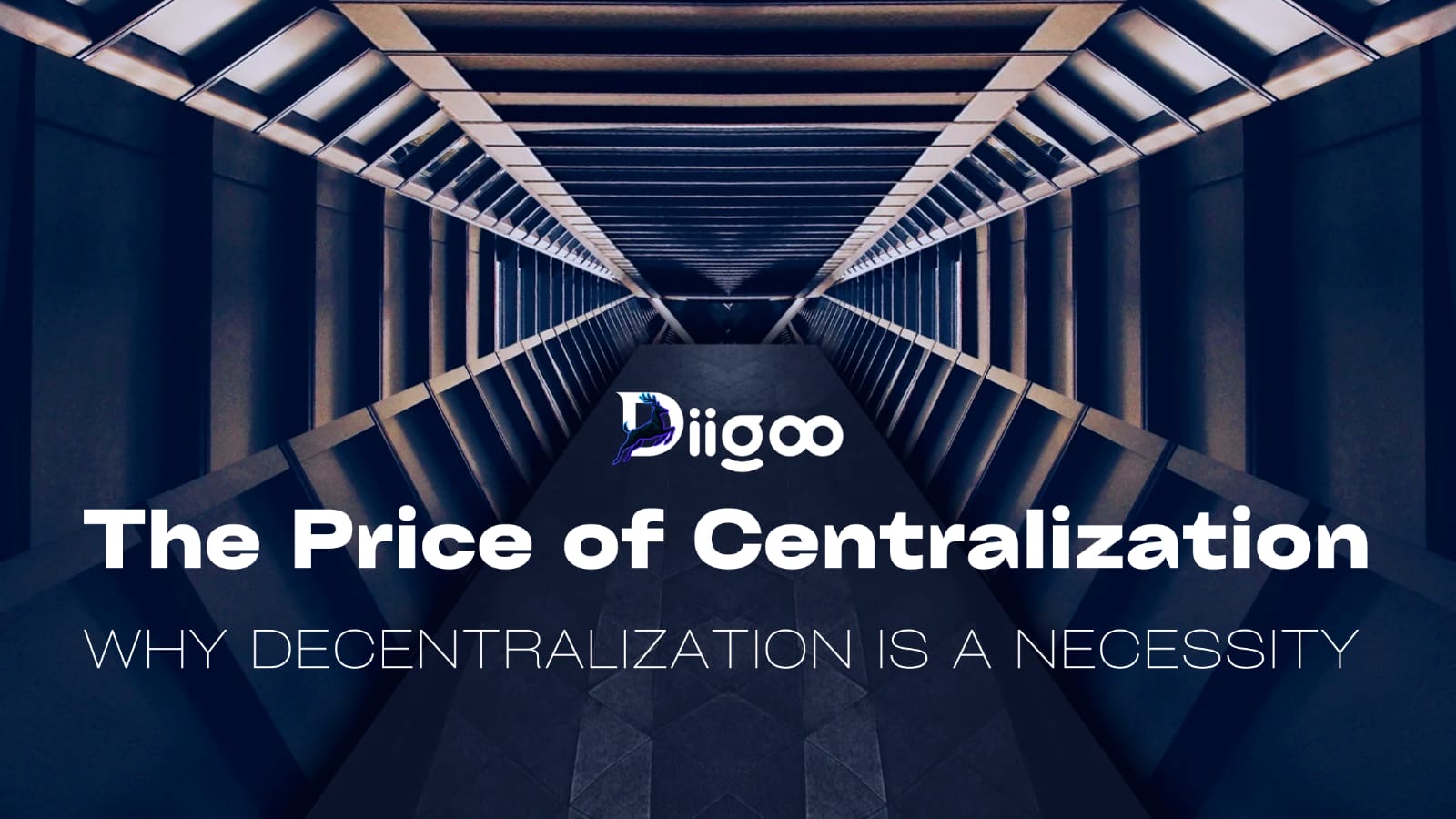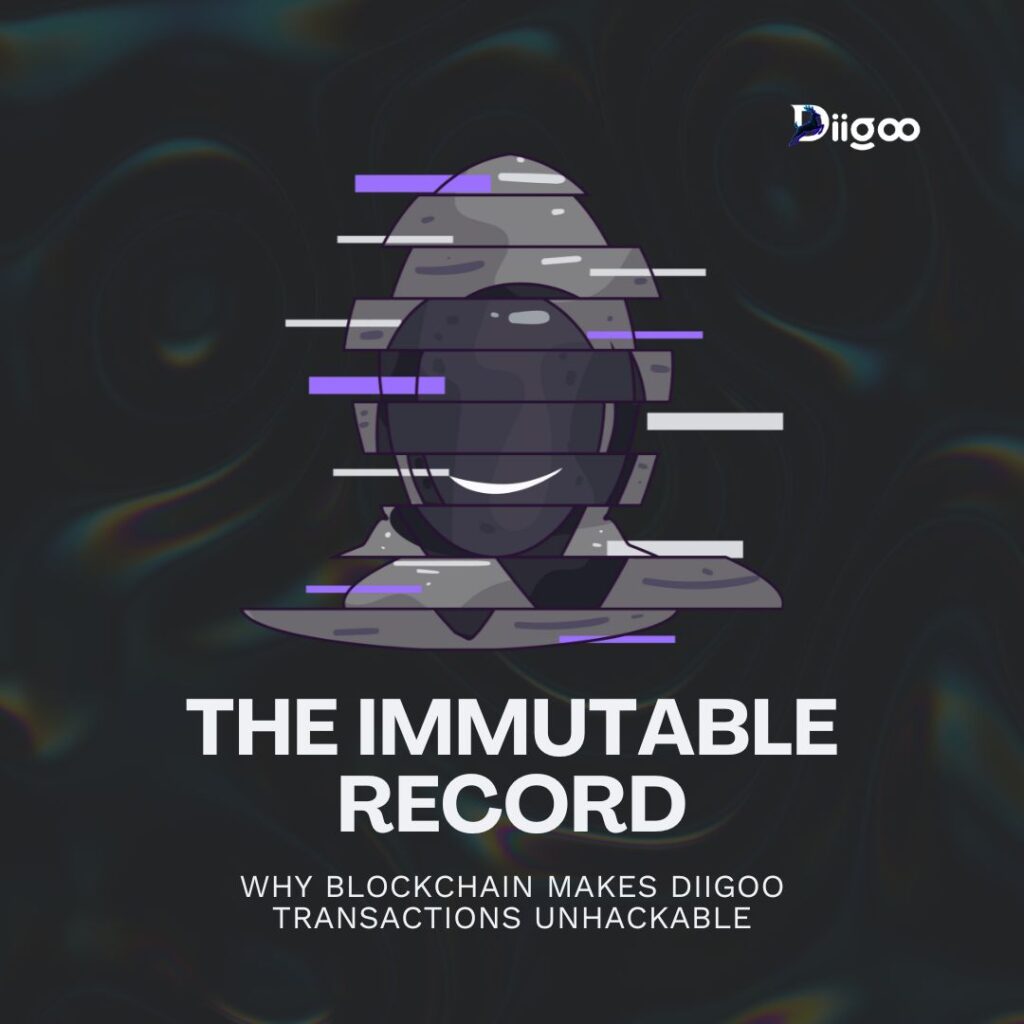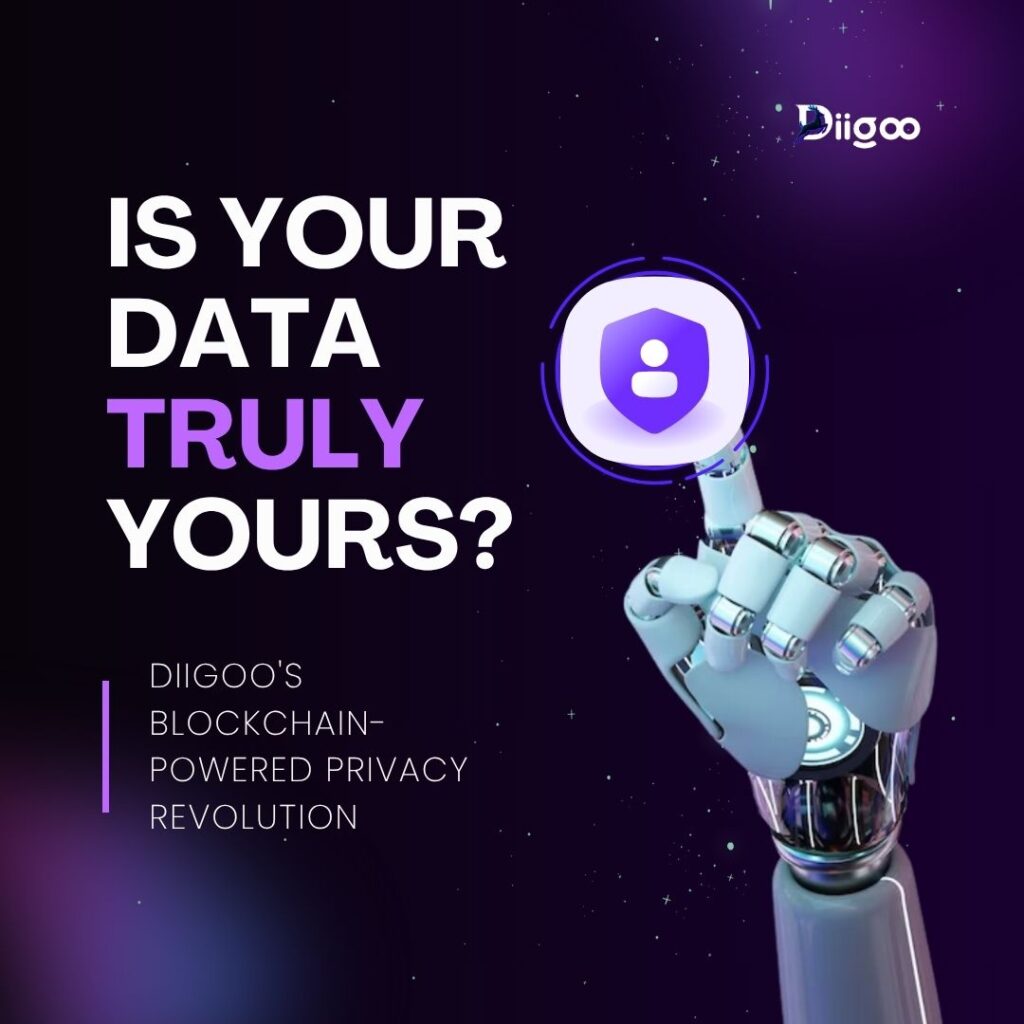We often take the convenience of today’s internet for granted. A few clicks and you’re connected to friends, shopping, and a wealth of information. But this convenience comes at a cost, a cost that is becoming increasingly apparent in our data-driven world. The unchecked power of centralized systems is creating vulnerabilities that decentralization aims to fix, making it less of a luxury and more of a necessity for a robust digital future.
The Hidden Costs: Data Breaches and Censorship’s Shadow
Centralized systems, by their very nature, create single points of failure. When all your data is stored in one massive database owned by a single company, it becomes an incredibly attractive target for hackers.
Countless high-profile data breaches have compromised millions of users’ personal information because companies concentrated the data in one place. Decentralization, by distributing data across many nodes, makes it exponentially harder for attackers to compromise the entire system.
Beyond security, there’s the looming shadow of censorship. While platforms have their rules, the power to remove content or ban users without due process is a significant concern for free expression.
Whether it’s political dissent, artistic expression, or even just differing opinions, a centralized entity can exert control that goes against the open and free spirit the internet was originally envisioned to have. Decentralization ensures that no single entity can silence voices at will, fostering a more resilient and democratic online space.
Building a More Resilient and Equitable Internet
The importance of decentralization isn’t just about protecting against negative outcomes; it’s also about building a better internet. When we distribute power, innovation flourishes from the edges, not just from a few corporate giants.
Communities form decentralized autonomous organizations (DAOs). These allow them to collectively govern projects and make decisions, moving beyond traditional hierarchies.
In a world increasingly reliant on digital interactions, having control over our digital lives is paramount. Decentralization offers a path towards an internet where:
- Security is Inherently Stronger: No single point of failure means no single point of attack.
- Privacy is a Default, Not an Afterthought: You control your data, not a third party.
- Innovation is Limitless: Communities and individuals can build and create without needing permission from gatekeepers.
It’s about shifting from an internet of platforms to an internet of protocols, where the fundamental rules are open, transparent, and owned by everyone. This isn’t just an upgrade. We need it for a robust, fair, and user-centric digital world.




